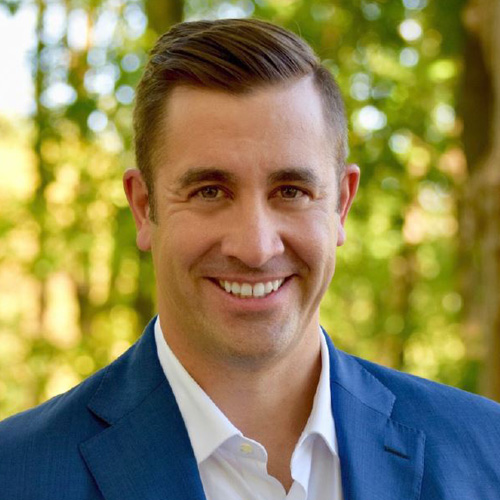Food Technology Magazine | Presidents Message
Can Food Science and Technology Transform the Food System?
IFT President Sean Leighton reflects on the value of collaboration within the science of food discipline and highlights the value IFT FIRST will offer in this area.
You are working on a line extension for one of your most popular products and keep encountering sizing consistency issues. Or perhaps you’re trying to reformulate a product with a lower-cost ingredient, but it’s resulting in faster microbial growth than expected. You could spend hours (or days!) trying to figure out what’s causing the issues. Wouldn’t it be more efficient to reach out to your colleagues in Food Safety and Quality Assurance for ideas and help? In most cases, the answer is most definitely yes.
Whether you work in product development or another discipline, you can probably conjure up a scenario with different variables but the same result. The ability to work independently and solve complex problems is a crucial skill for anyone working in the science of food. But that’s just one part of the overall equation. Equally important is knowing when to handle things on your own and when to team up with someone who has different specialized knowledge and skills.
Workplace collaboration has been shown to drive positive outcomes, including increased productivity, employee satisfaction, and overall organizational success. I see this at Cargill, and a Stanford study found that those who work in a collaborative rather than individual setting are 50% more productive, boosting their intrinsic motivation and helping them become more engaged in their tasks.
Organizations that prioritize and cultivate a collaborative culture are better positioned to adapt to challenges, capitalize on opportunities, foster creativity and innovation, and create a dynamic work environment. And that’s only the beginning. The impact of collaboration increases exponentially when we extend beyond the constructs of our individual organizations and embrace the idea that we are stronger together than we could ever possibly be on our own.
The global food system is highly interconnected, incredibly complex, and wrought with challenges. Tackling these challenges will require us to bring people together from various companies, job segments, and geographies. We need to actively leverage the diverse expertise, knowledge, and perspectives that experts from different countries, cultures, and disciplines contribute to ignite the critical thinking and ingenuity needed to mobilize innovation around the world. We must also tap into the potential of disruptive technologies to mold and augment the solutions we conceive in ways that were previously unimaginable.
The explosive synergy between collaboration and innovation will provide the foundation for the most compelling global science of food event of the year—IFT FIRST: Annual Event and Expo.
From July 14–17, 2024, IFT FIRST will bring researchers, scientists, engineers, and entrepreneurs from across the global food system together to explore how the convergence of disparate viewpoints, disciplines, or contexts can create a groundswell of transformative innovation. I’m especially looking forward to the ways in which this year’s event will examine how the increasingly pivotal digital frontier can work in concert with forward-thinking, science-backed ideas and insights to address the immense global challenges caused by population growth, climate change, global conflicts, supply chain pressures, malnutrition, and more. It will seek to answer a question that’s top of mind for me—both as IFT president and head of Food Safety, Quality & Regulatory at Cargill—can food science and technology transform the food system?
The scientific program at IFT FIRST will once again be structured around 25 guiding questions across five key topic areas—novel technology and innovation, sustainability and climate, health and nutrition, food safety, and consumer insights and education—presented through a combination of keynotes, featured sessions, and scientific and technical forums. One of my favorite features, the interactive and engaging Innovation Lab, will also return, providing attendees with real-world product development scenarios.
The Business FIRST Stage is also set to make a comeback this year. Through a series of diverse discussions on topics related to consumer insights, trends, and more, Business FIRST sessions will highlight how collaboration and innovation can thrive at the intersection of business, science, and technology. Additionally, the IFT FIRST Startup Pavilion will serve as the focal point of innovation, hosting a diverse range of food and food-related entrepreneurs who will showcase their novel products and technologies while competing for prize money in our multi-day, rapid-pitch competition.
As we collectively work to make our food system safer, more equitable, and more sustainable for all, collaboration and innovation are mission critical. Register today to join me in Chicago this summer. I look forward to having the opportunity to discuss and discover new ways to harness these interconnected concepts to make a lasting impact on the future of food with you.ft





